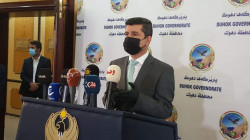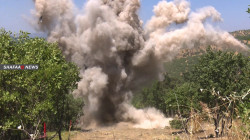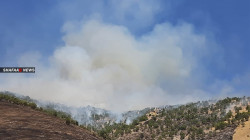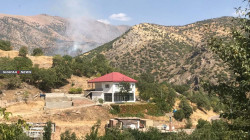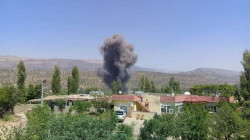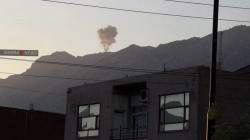Duhok governor expects end to Turkey-PKK conflict soon
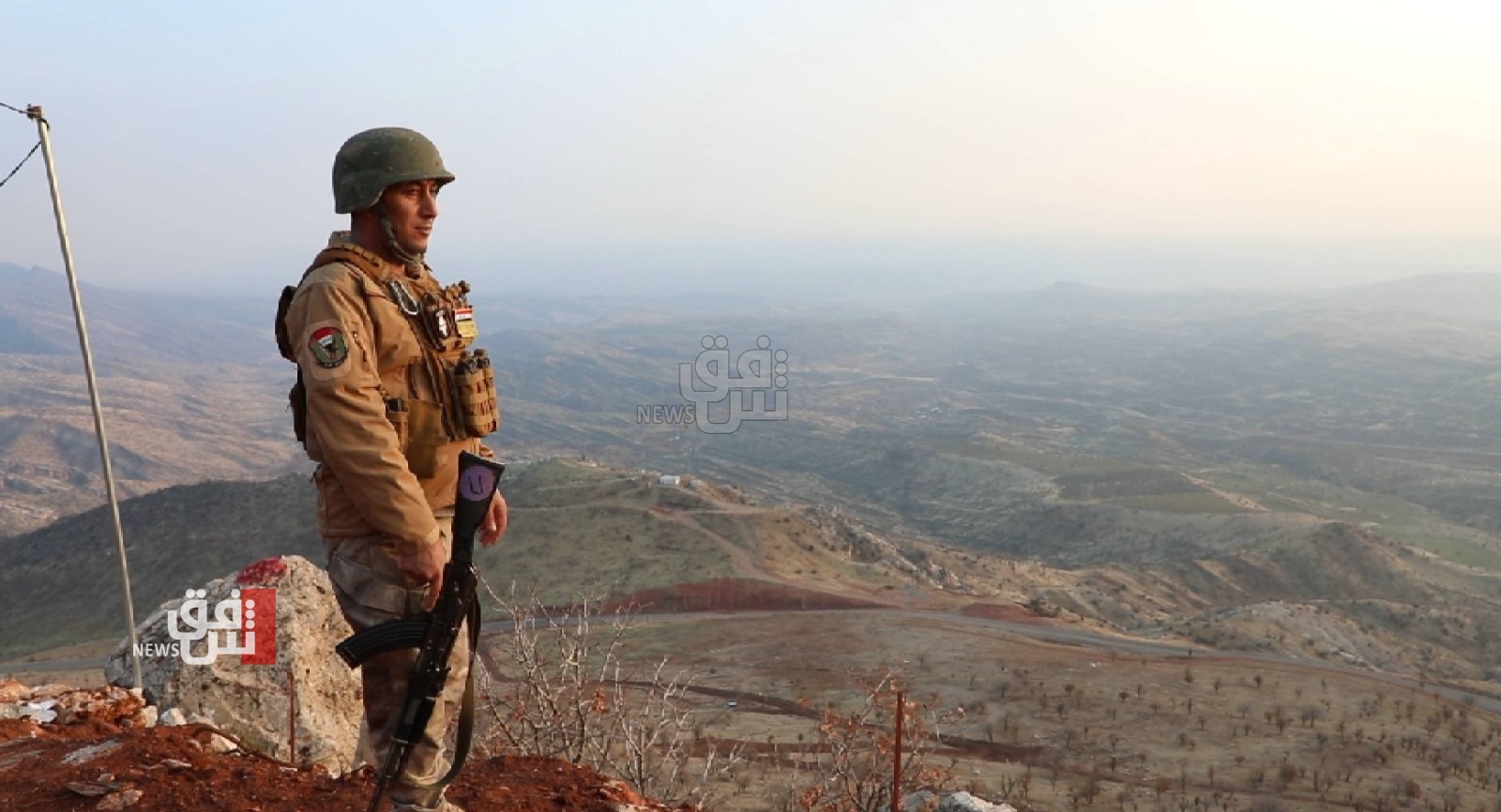
Shafaq News/ Duhok Governor Ali Tatar affirmed "the legitimate right of Iraqi Border Guard forces to advance towards border areas and establish military bases."
In a press conference, Governor Tatar highlighted the "Kurdistan Region's integral connection to Iraq," affirming, "It is necessary to secure the borders with neighboring countries as the Kurdish territories will not be used as a base to threaten neighboring countries."
Governor Tatar noted, "60% of the villages in the Al-Amadiya district have been damaged and abandoned due to the armed conflict between the Turkish army and PKK militants," urging the two sides to shift their conflict away from Iraqi Kurdistan.
The Governor assured the public that the Turkiye-PKK conflict would conclude soon, and the Iraqi Border Guard would control the borders, allowing “displaced residents to return and start rebuilding their communities."
The Turkish Armed Forces have been conducting cross-border military operations against the Kurdistan Workers' Party (PKK) in Northern Iraq since the 1980s.
In July 2015, a two-and-a-half year-long ceasefire broke down, and the conflict between Ankara and militants of the PKK – recognized as a terrorist organization by Turkiye, the U.S., Russia, and the European Union – entered one of its deadliest chapters in nearly four decades.
Since that date, the conflict has progressed through several phases. Between roughly 2015 and 2017, the violence devastated communities in some urban centers of Turkiye's majority Kurdish southeast and – at times – struck into the heart of the country's largest metropolitan centers. From 2017 onward, the fighting moved into rural areas of Turkiye's southeast.
As the Turkish military pushed more militants out of Turkiye, by 2019, the conflict's concentration shifted to northern Iraq and northern Syria, where the Turkish army has established several military bases at strategic points in the Matin mountain range, citing the expulsion of Kurdistan Workers' Party militants as justification.
In a TV interview last February, the President of Kurdistan Region, Nechirvan Barzani, was asked if Turkiye coordinates with Erbil when launching strikes against PKK in the region; Barzani explained, "The (Kurdistan) Workers' Party is a severe headache for the Kurdistan Region and Iraq as well. They do not value the legitimacy of the Kurdistan Region's institutions and threaten Turkiye from our territories. While we completely reject the principle of turning the lands of the Kurdistan Region into a source of threat to our neighbors, whether this neighbor is Turkiye or Iran."
He rejected that PKK, as opponents of Tehran and Ankara, "make the Kurdistan Region a safe area to create problems for these countries. It is very unfortunate that the PKK plays a very negative role in this context and uses the mountainous areas of the Kurdistan Region and tries to create problems for Turkiye. This is absolutely unacceptable from our side."
On many occasions, Ankara urged the Iraqi government to label the PKK a "terrorist" organization. On the other hand, Baghdad frequently called for an end to the presence of Turkish military forces on its land, demanding that Turkiye stop its attacks and respect Iraq's sovereignty.
